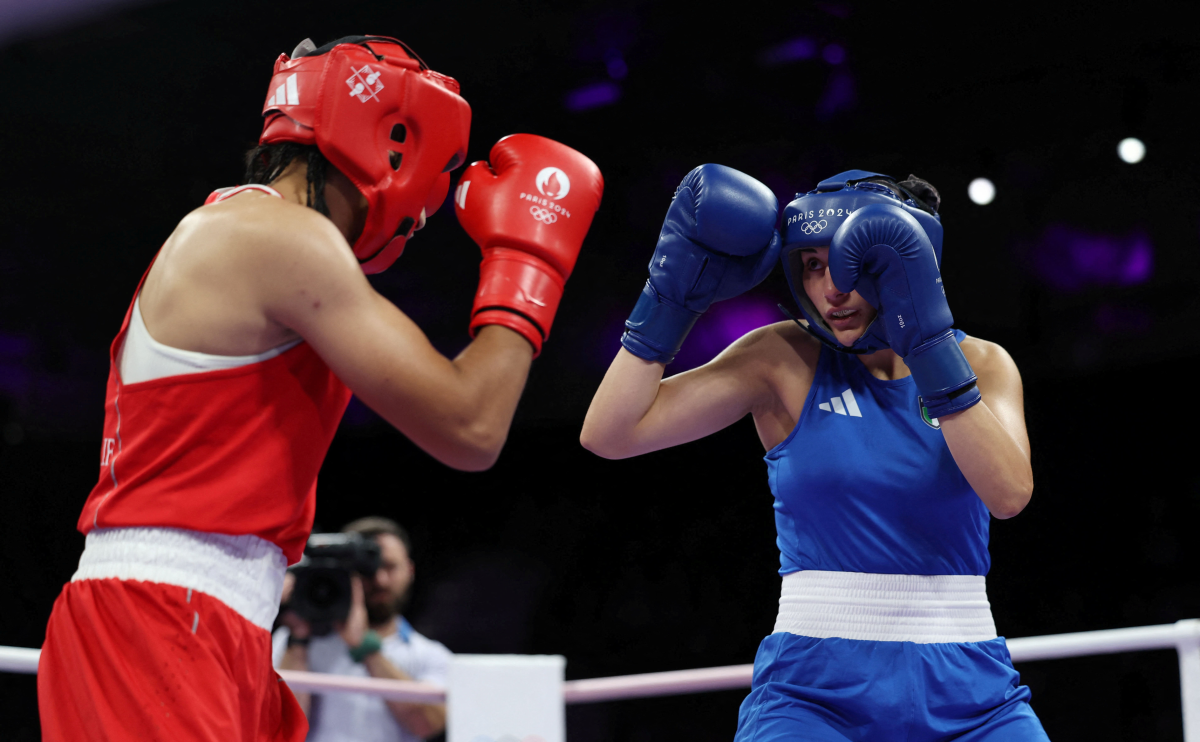Understanding DSD and the Controversy Surrounding Athletes in the Olympics

Summary:
This article delves into Disorders of Sex Development (DSD) and the ongoing debate over the inclusion of DSD athletes in the Olympics. It explains what DSD is, the medical and ethical considerations, and the impact on athletes' eligibility and performance in sports.Key Insights:
-
What is DSD?: DSD stands for Disorders of Sex Development, a group of rare conditions involving atypical chromosomal, gonadal, or anatomical sex development. These conditions can affect hormone levels, development, and secondary sex characteristics.
-
Medical and Ethical Considerations: The inclusion of DSD athletes in sports raises complex medical and ethical questions. Balancing fairness in competition with the rights and health of athletes is a central issue. The article discusses hormonal treatments and their implications for athlete performance and well-being.
-
Impact on Olympic Eligibility: The eligibility of DSD athletes in the Olympics has sparked significant debate. Policies have been implemented to regulate hormone levels, but these rules are controversial and have led to legal challenges. The article highlights key cases and decisions that have shaped the current landscape.
-
Athlete Experience: The personal experiences of DSD athletes in sports are also explored, illustrating the challenges they face both on and off the field. This includes societal pressures, stigma, and the emotional toll of competing under intense scrutiny.
Takeaways:
The inclusion of DSD athletes in the Olympics remains a contentious issue, blending medical, ethical, and sporting considerations. Ongoing discussions aim to find a balance that respects the rights of athletes while maintaining fair competition. Future policies will need to address these complexities to ensure an inclusive and just sporting environment.